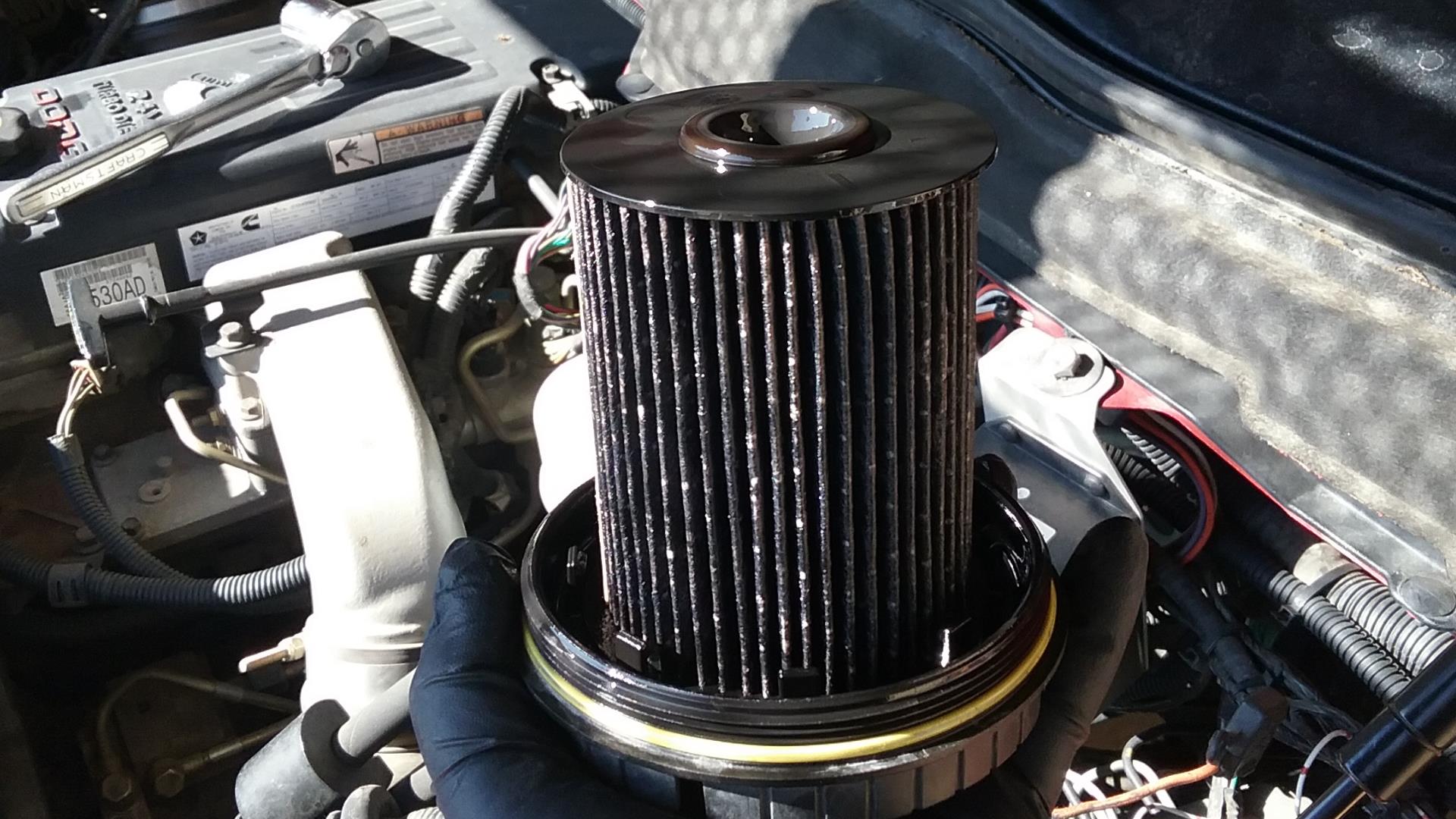Squeezing the most out of a tankful of gasoline or diesel fuel requires a well tuned engine. Modern EFI engines with high output ignitions actually require less attention than older engines. As a result, many owners neglect tuning chores until trouble symptoms or an engine check light draws attention. There is no “savings” with this approach. Any money saved by ignoring service needs will end up in the fuel tank. A neglected engine will not get maximum fuel efficiency or good fuel mileage.
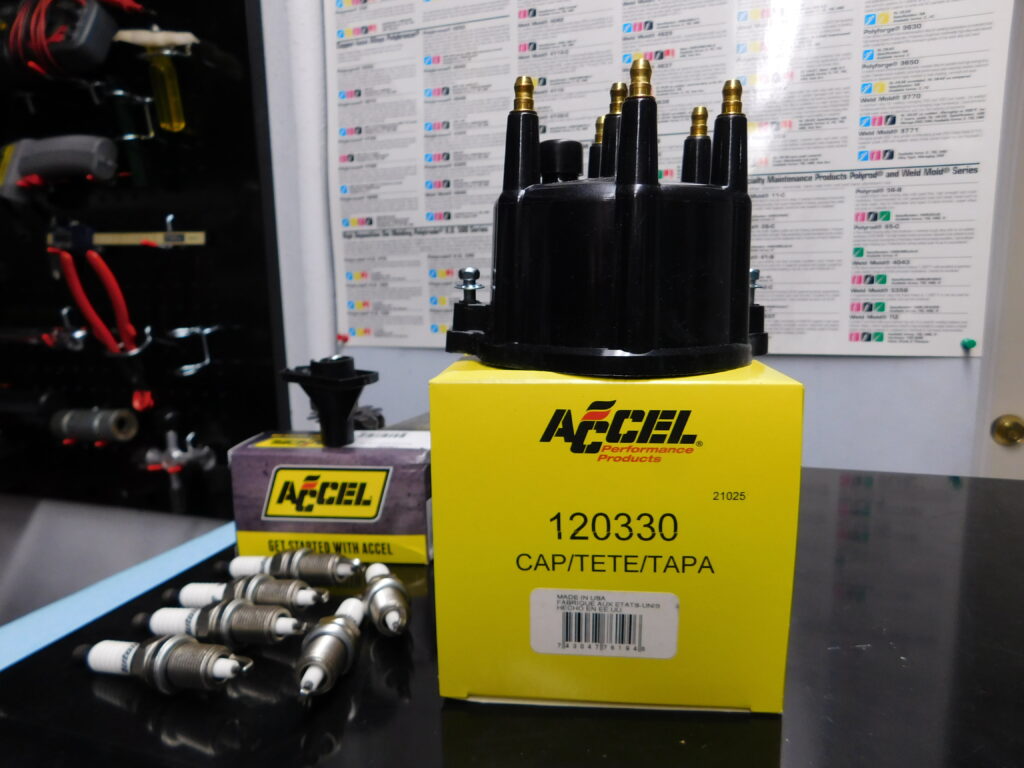
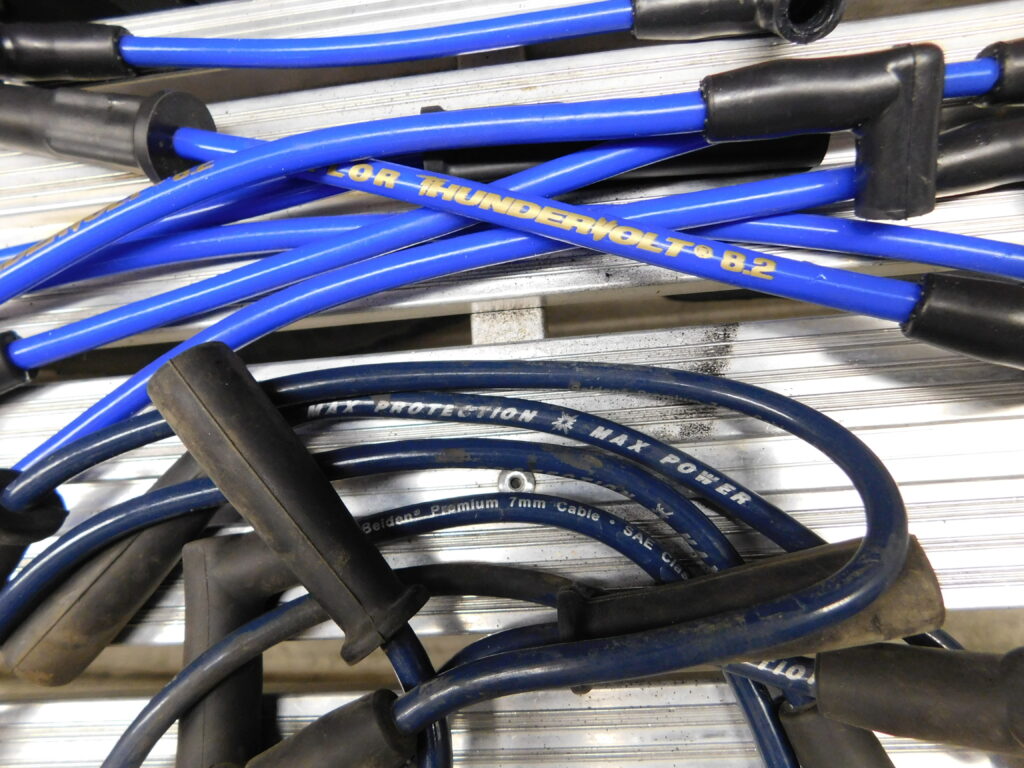
Items as basic as an air filter can impact your fuel mileage. On vehicles driven off-road or on dusty trails, a paper air filter element might not last a weekend. Know how and when to service the air filter. Diesel fuel filters are another item that can need replacement unexpectedly. Fueling stations with water contamination or dirt in their storage tanks can ruin a brand new fuel filter.

There is no “fixed” mileage for filter changes. The service suggestions are the maximum recommended interval under normal driving conditions. Some causes for a premature filter failure include excess dust around an air filter element and water or debris exposure for fuel filters. Anyone traveling in the backcountry for any distance should carry spare air and fuel filters. Bring the tools necessary to change the filter(s) in the field.
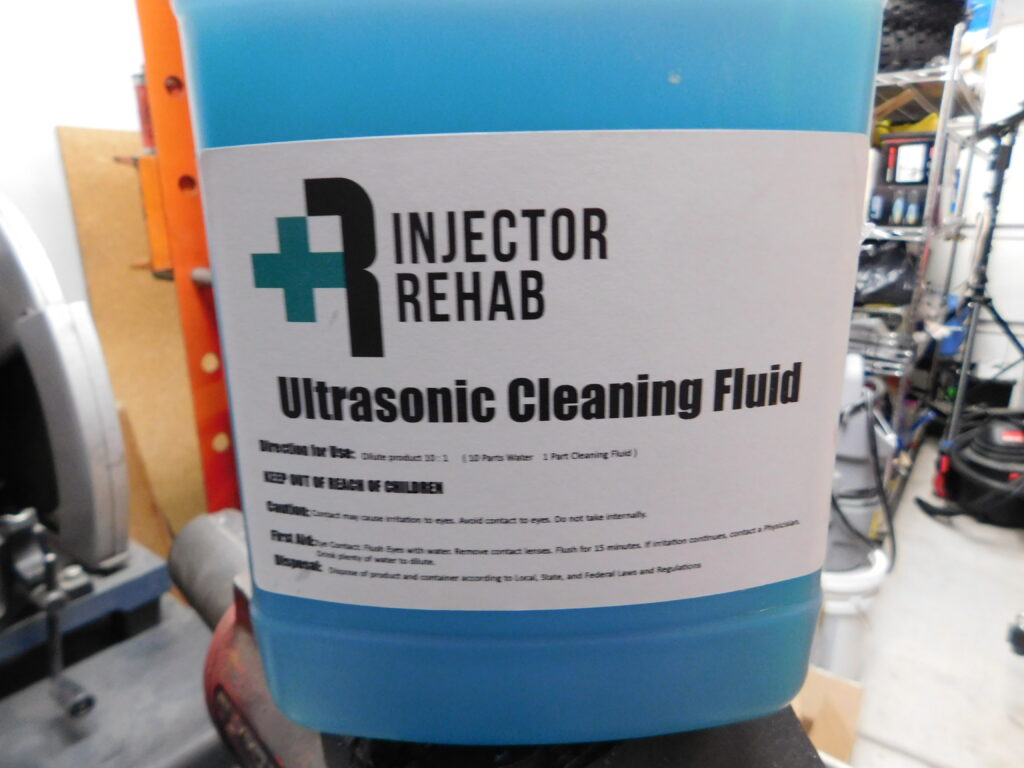
Overall maintenance includes the engine, transmission, axle(s) and other chassis fluids. For fuel efficiency, the rolling resistance of the vehicle is a concern. Low tire pressures, worn wheel bearings and bad U-joints or CV-joints can create fuel robbing drag. Engine loads from power driven accessories can also have an impact.
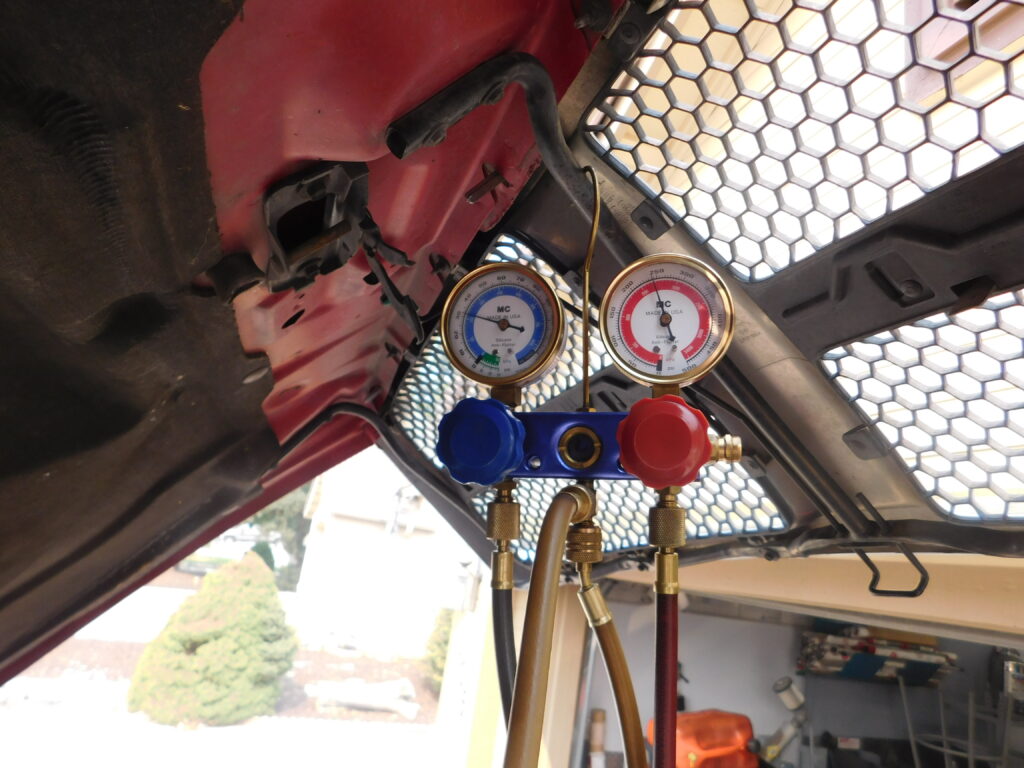
In Episode 10 of Road Ready, we talk about the basic maintenance and tuning that can improve your vehicle’s fuel mileage. Episode 11 discusses the driving techniques that improve or hamper fuel efficiency…Road Ready Episodes 9-12 focus on ways we can conserve fuel and reduce our monthly fossil fuel bill.
Join us at the Road Ready Channel and subscribe to get updates on available episodes:

